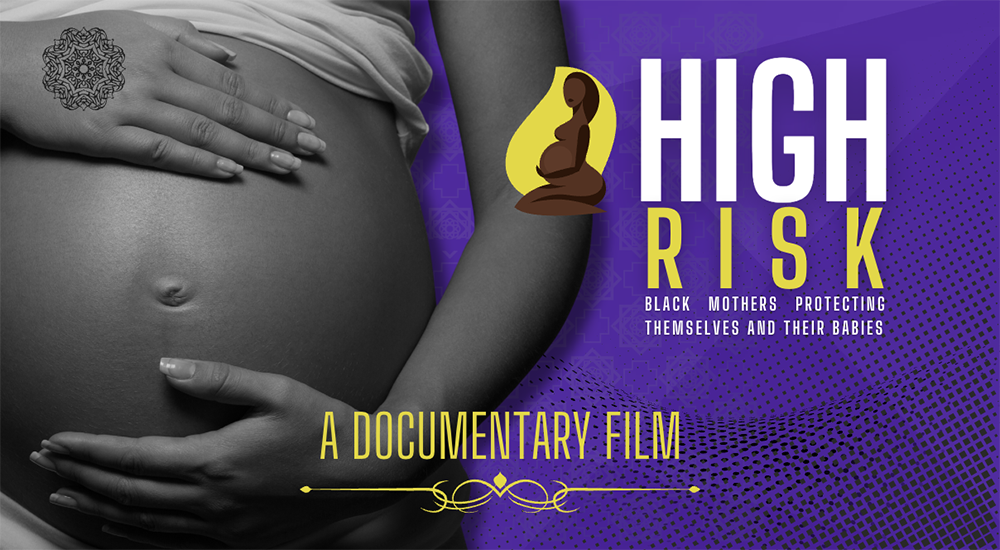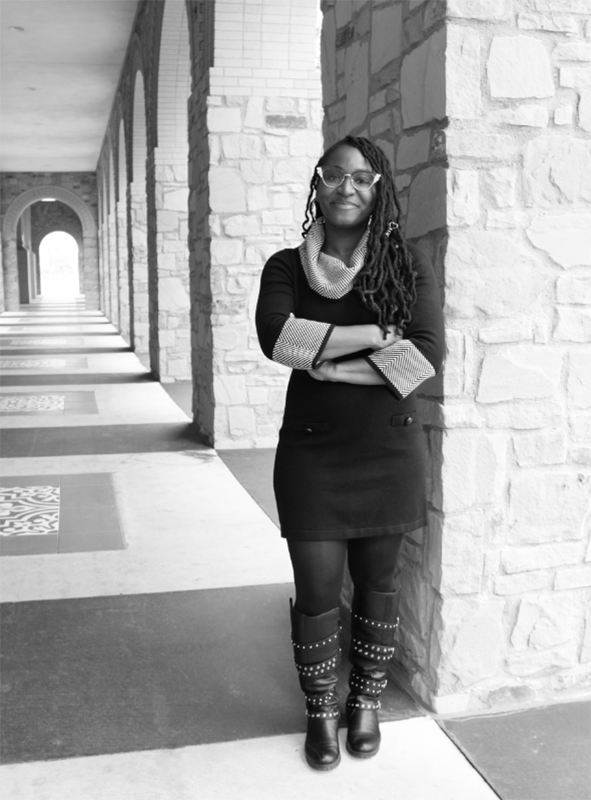Dr. Nicole Carr, an assistant professor at Texas A&M University-San Antonio, has teamed up with filmmaker Born Logic Allah to produce the documentary "High Risk: Black Mothers Protecting Themselves and Their Babies."

The new film sheds light on the challenges faced by Black caregivers, mothers, and healthcare providers in navigating obstetric violence and maternal healthcare disparities.
Drawing from personal experience, Carr embarked on a journey of healing and advocacy following the loss of her son in 2016.
"During that process, I was trying to tell my doctor something was wrong, this doesn’t feel right," Carr said. “It just felt like nobody was listening, and in the end, unfortunately, at 33 weeks pregnant, the baby was delivered stillborn.”
According to the Centers for Disease Control and Prevention, Black women are three times more likely to die from a pregnancy-related cause. Multiple factors contribute to these disparities, such as variations in quality healthcare, underlying chronic conditions, structural racism, and implicit bias.
Carr’s determination to honor her son's memory and facilitate dialogue among mothers fueled her collaboration with filmmaker Allah, whose own interest in healthcare advocacy was spurred by previous collaborations with medical experts and his own experiences as a father.
Starting in 2019, Carr and Allah began delving into Black maternal healthcare, interviewing birth workers, healthcare professionals, and mothers. Stories included women begging for help as doctors ignored them, as well as doctors and care providers calling CPS on Black families more frequently if they don’t consent to interventions, deterring Black women from seeking care and exposing them and their children to stress and trauma. Other stories included hospitals giving Black babies formula more frequently than white babies while restricting breastfeeding support.
“When we talked to the doulas, the midwives, and the nurses, we started to see a narrative,” Carr said. “That’s where we start to see similarities in what these healthcare professionals are saying. One thing we really appreciate about the documentary is that it’s opening up conversations with healthcare workers who are asking, ‘What can we do?’”
Carr’s work has also influenced her students, who are reaching out to her about their experiences as Black mothers and caregivers.
 |
“This project meant a lot to me because of my personal experience but more so because of the reaction and conversations we were able to have with others about it,” Carr said. “There is a real problem and if we listen to healthcare workers, then we can actually stop it.” |